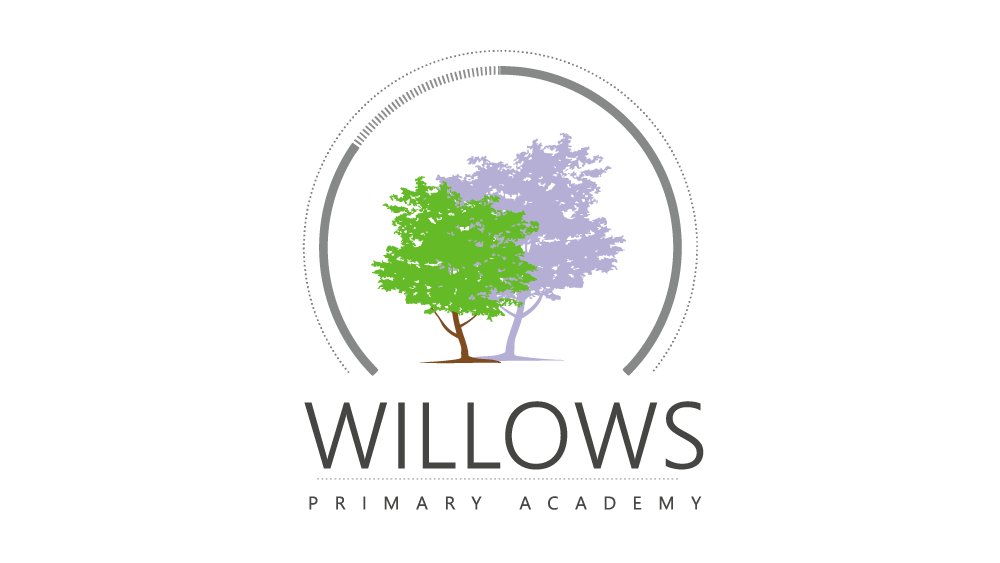Geography | How we do it
We have developed a curriculum which builds on previous years’ learning to ensure that children access knowledge at the most appropriate time and have the existing understanding required to access the new learning, so that relevant and essential links are made. The National Curriculum aims have been distributed in such a way that the children’s knowledge becomes increasingly distant (geographically), abstract and complex as they progress through primary school.
Children at Willows will learn Geography through two mini-adventures each year, placed strategically so that each year group can revisit, consolidate or deepen their existing knowledge as the year progresses. These mini-adventures bring together aspects of the curriculum which benefit from being taught alongside each other, with relevant case studies, so that children can successfully see the relationships between different components of Geography.
Alongside this, we place great importance on children’s ability to recall locations and to discuss concepts using key geographical terminology. Therefore, we have documents designed with the specific purpose of outlining the expectations in terms of vocabulary and locational knowledge. A series of vocabulary mats, which outline the vocabulary expectations for each year group, ensure that the children’s development of vocabulary is progressive and explicit. The vocabulary mats also use simple icons to support dual coding and retrieval of definitions. Moreover, these can provide a scaffold for revisiting and retrieving earlier-taught vocabulary as children progress through school.
In the EYFS, Geography is taught throughout many aspects of the curriculum. In particular, children are able to develop their geographical skills through ‘Understanding of the World’ which looks at concepts associated with ‘Past and Present’, ‘People Culture and Communities’ and ‘The Natural World’.
For Key Stage 1 and Key Stage 2, Geography is split into four areas ‘Locational Knowledge, Place Knowledge, Human and Physical Geography, and Geographical Skills and Fieldwork’. The distinct areas enable pupils to understand the difference aspects of geography, build on key vocabulary and expand their knowledge and understanding of this subject. While the objectives have been divided in this way, clear connections are also made, where relevant, so that children understand the relationships between different concepts studied.
Throughout school we emphasise the importance of retrieving existing knowledge, from a variety of points within the geography curriculum. The continual retrieval of existing knowledge and newer learning ensures that children’s geographical understanding is more firmly secured in their long-term memory, strengthening their ability to recall information over longer periods of time.
Curriculum Progression
Personal Development
Our Geography curriculum has been developed with our children at the heart of it. Throughout their school journey at Willows, we aim to develop their understanding of the changing natural world and how environmental issues, social economics and political purposes can affect the world in which we live.
Whilst gaining knowledge and acquiring geographical skills, children gain further understanding of the ever-changing world around us. Through the progressive curriculum, children are taught a range of geographical skills that can be transferable in everyday life.
In order to protect our planet, we promote our understanding of ‘Living in the Wider World’ by raising awareness of ongoing environmental issues so that children can play a significant role within their community and beyond. Children gain understanding of social and economic factors and how these can significantly affect their individual health and wealth. A robust vocabulary progression in Geography improves their ability to articulate and understand geographical concepts as well as develop their communication skills beyond the curriculum.
